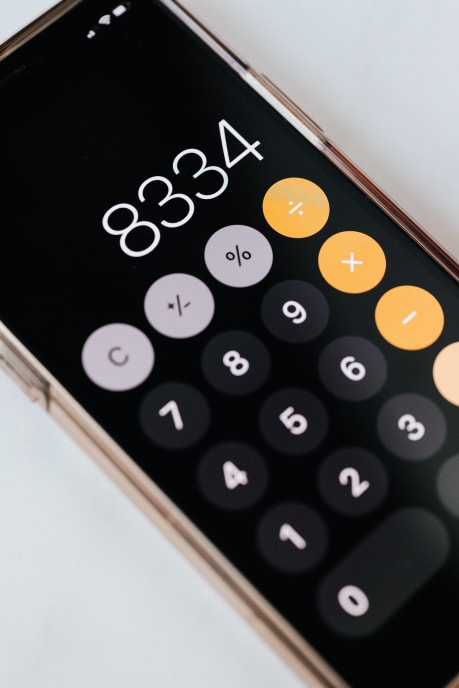Tired of paying bills? It can quickly become both very expensive and very foolish! A debt collection case can stay with you for a long time and, in the worst case, be an obstacle later in life.
Expensive fees
Just got the salary or student loan/grant to your bank account? Ah, it's so tempting to spend the money on something fun, but BEFORE you do, make sure you've set aside enough for the important things.
Elisabeth Dyrli Joranger is a finance and booking consultant at SSN and therefore has some good advice for all of us who find it boring to pay bills... She has seen how expensive it can be when students don't pay their bills on time.
– A collection fee can burn a hole in the student's wallet. If you fail to pay your rent by the payment deadline, the first notice will have a fee of NOK 35. The fee then increases day by day until you pay, so if you pay a month late, the fee has quickly increased to close to a thousand kroner, Elisabeth explains.


It can be very expensive if you delay paying your bills 💸
Create an account for the fixed expenses
To always know that there is enough money for fixed expenses, Elisabeth recommends creating a separate expense account in the online bank:
– You will most likely have to pay rent, insurance, the mobile phone and other fixed expenses. My recommendation to you is to set up a fixed withdrawal in your bank, from the account you receive a student loan or salary into a separate account that you can call "fixed expenses", for example. With such an account, you will always know that you have the money to pay the fixed invoices that will come.
AvtaleGiro (direct debit) and eFaktura (digital invoice) are your best friends!
With the AvtaleGiro (direct debit) and eFaktura (digital invoice) combo, you make it easy for yourself! With this combination, the eFaktura with the invoice details is still sent directly to your online bank and stored there, but you do not have to approve the payment, as the invoice is automatically paid on the due date with AvtaleGiro and the money is deducted from the account.
Tip! In your online bank, you can accept to receive e-Invoices from all companies.
Debt collection notice vs debt collection case
– When you pay an invoice after the due date, you will in most cases receive a reminder about non-payment. Companies are not obliged to send such a reminder, but it is something most people want to do, so that you as a customer can pay your invoice without additional fees, says Elisabeth, and continues:
– 14 days after the due date, the company you owe money to will be able to send the invoice to a debt collection company that will claim the money from you, with an additional fee. This is called a debt collection notice, and I would recommend that you pay immediately when you receive it, she says.
Debt collection case
If you do not pay when you receive a debt collection notice, after a while it will turn into a debt collection case and court fees will be added. Also, the fees from the first invoice you received will increase until you pay.
Having a debt collection case on your backlog can cause you to have difficulties in getting a mortgage, car loan or other loans in the future.
Elisabeth strongly advises you to pay your invoices on time, and reminds you that you can contact the company you are paying to, if you have challenges for a month and need a little extra time to get paid.
Get free financial advice
Do you need help setting up a budget, are you wondering about saving or do you need advice on how to make everyday life a little easier financially?







